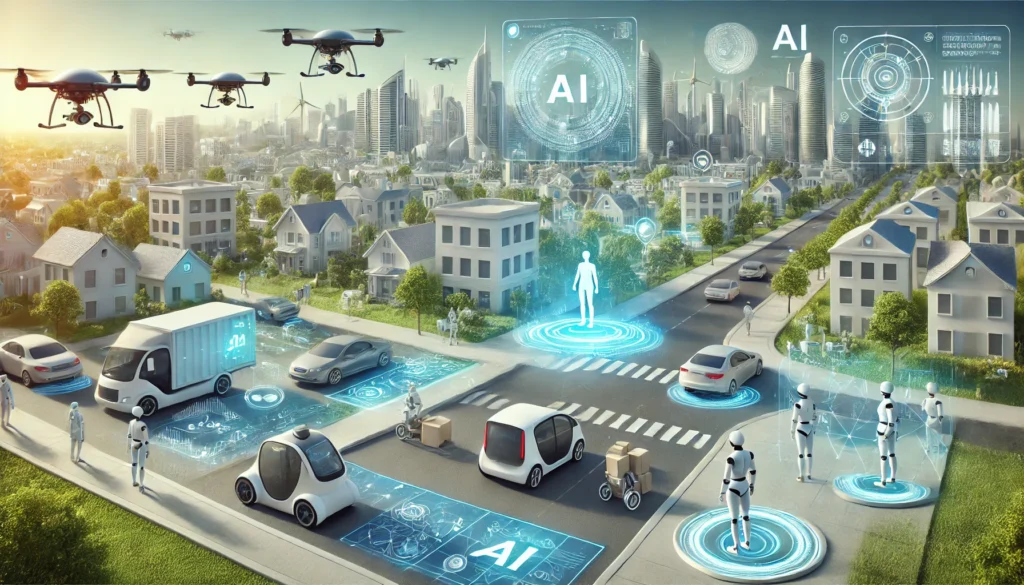
Artificial Intelligence (AI) has emerged as one of the most transformative technologies of the 21st century. Its applications span across numerous fields, from healthcare to entertainment, and its potential to revolutionize everyday life is immense. As we explore the current uses of AI and its potential to reshape the future, it becomes evident that we are on the brink of unprecedented technological evolution.
Current Uses of AI Technology
1. Healthcare
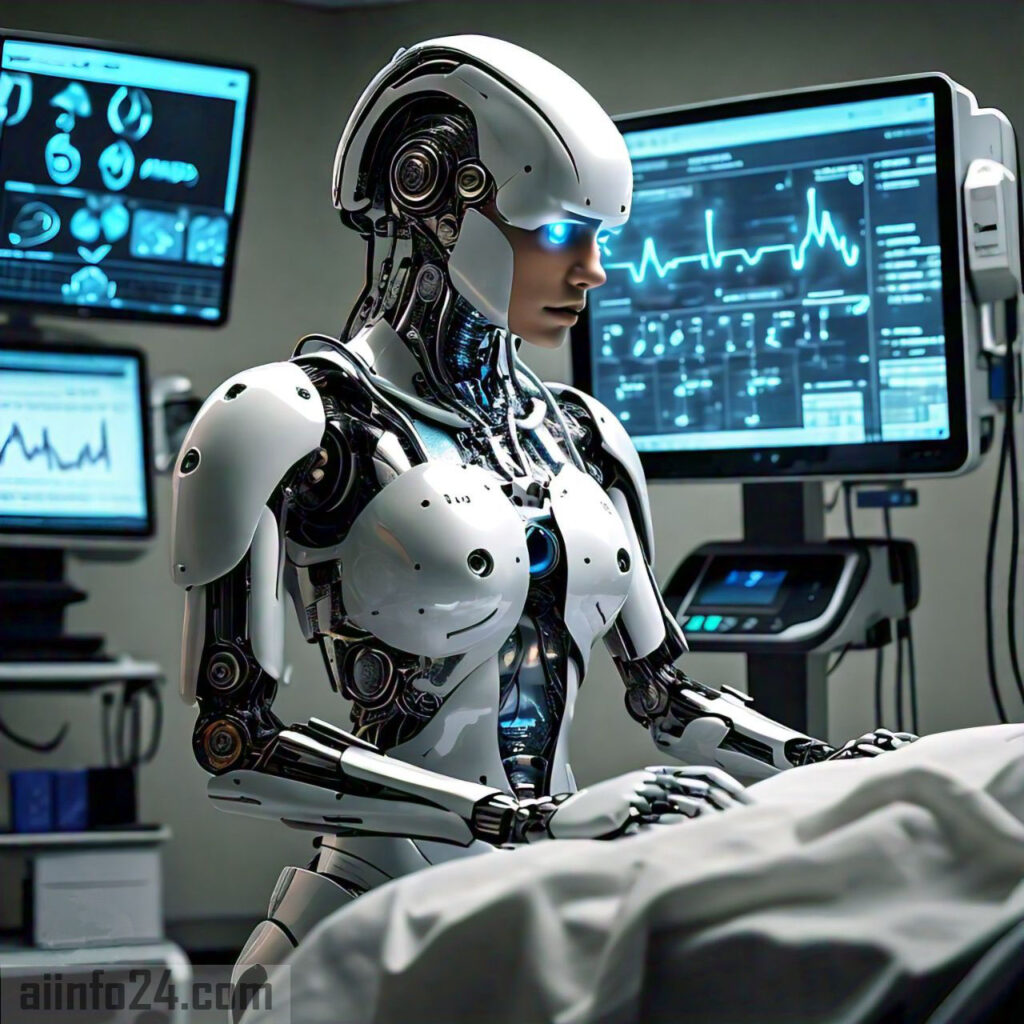
AI has already made significant strides in healthcare, where it is used for diagnostics, treatment planning, and even patient care. Machine learning algorithms analyze vast amounts of medical data to detect diseases such as cancer at earlier stages. Virtual health assistants powered by AI provide personalized health advice and reminders to patients, improving treatment adherence and outcomes.
2. Education
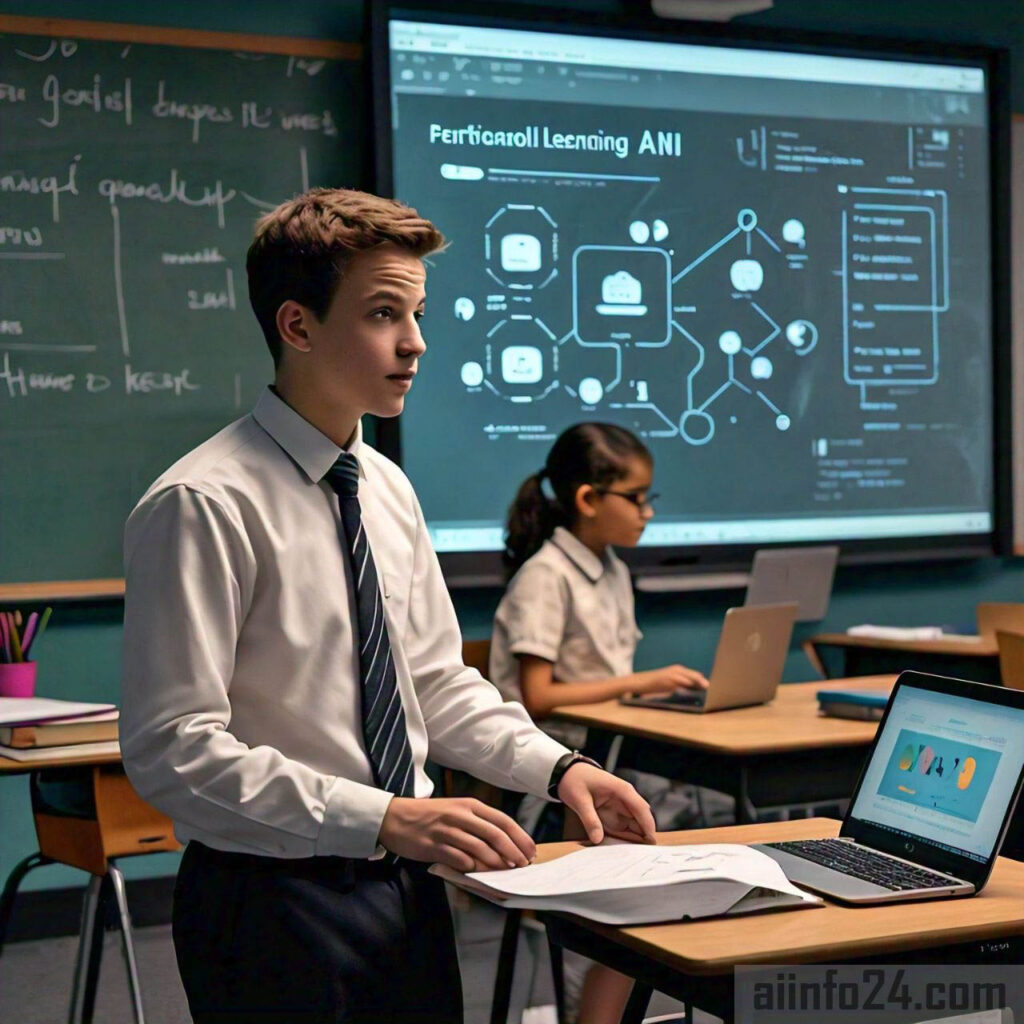
AI is reshaping education by personalizing learning experiences. Adaptive learning platforms analyze students’ strengths and weaknesses, tailoring lessons to meet their individual needs. Tools like language translation apps and automated grading systems also enhance the educational experience for both students and teachers.
3. Transportation
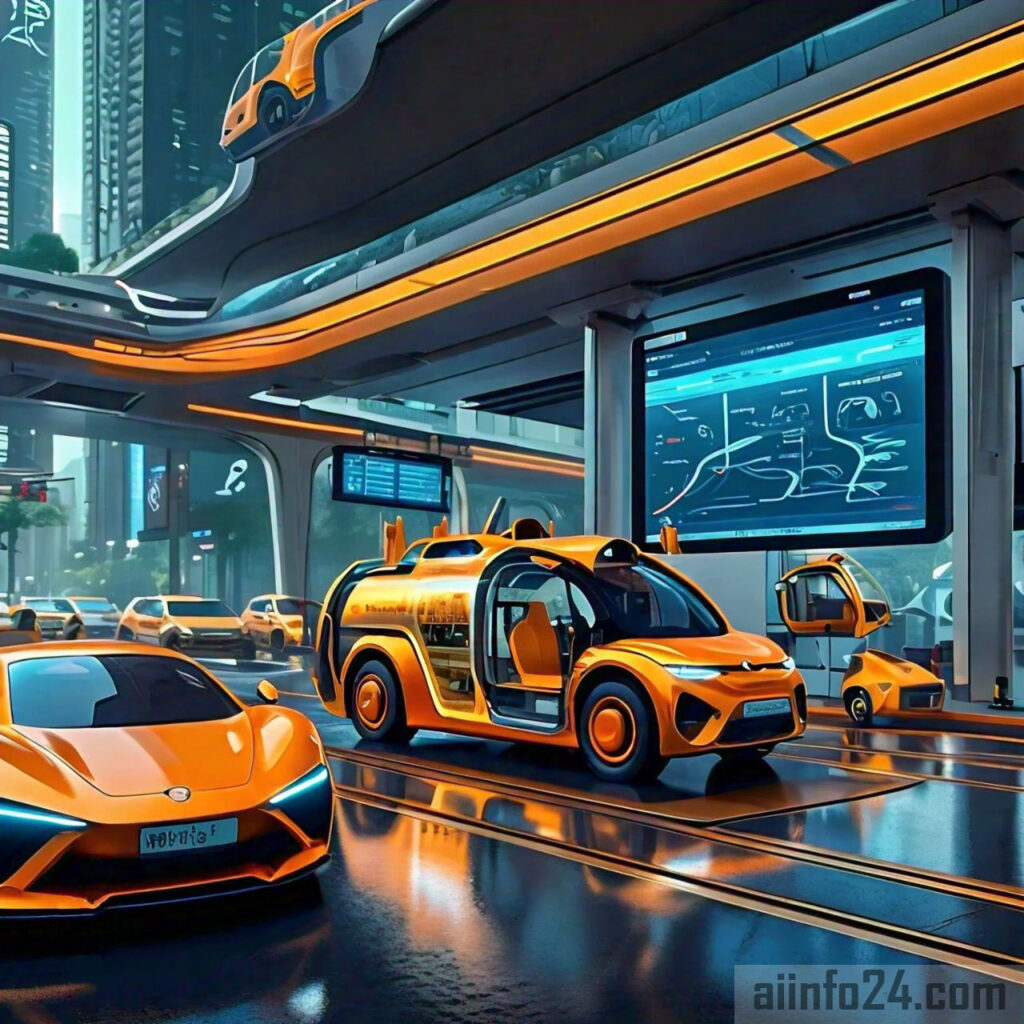
The transportation industry has embraced AI through the development of self-driving cars, traffic management systems, and predictive maintenance for vehicles. Autonomous vehicles promise to reduce accidents caused by human error, while AI-powered traffic systems optimize road usage, reducing congestion and emissions.
4. Entertainment and Media
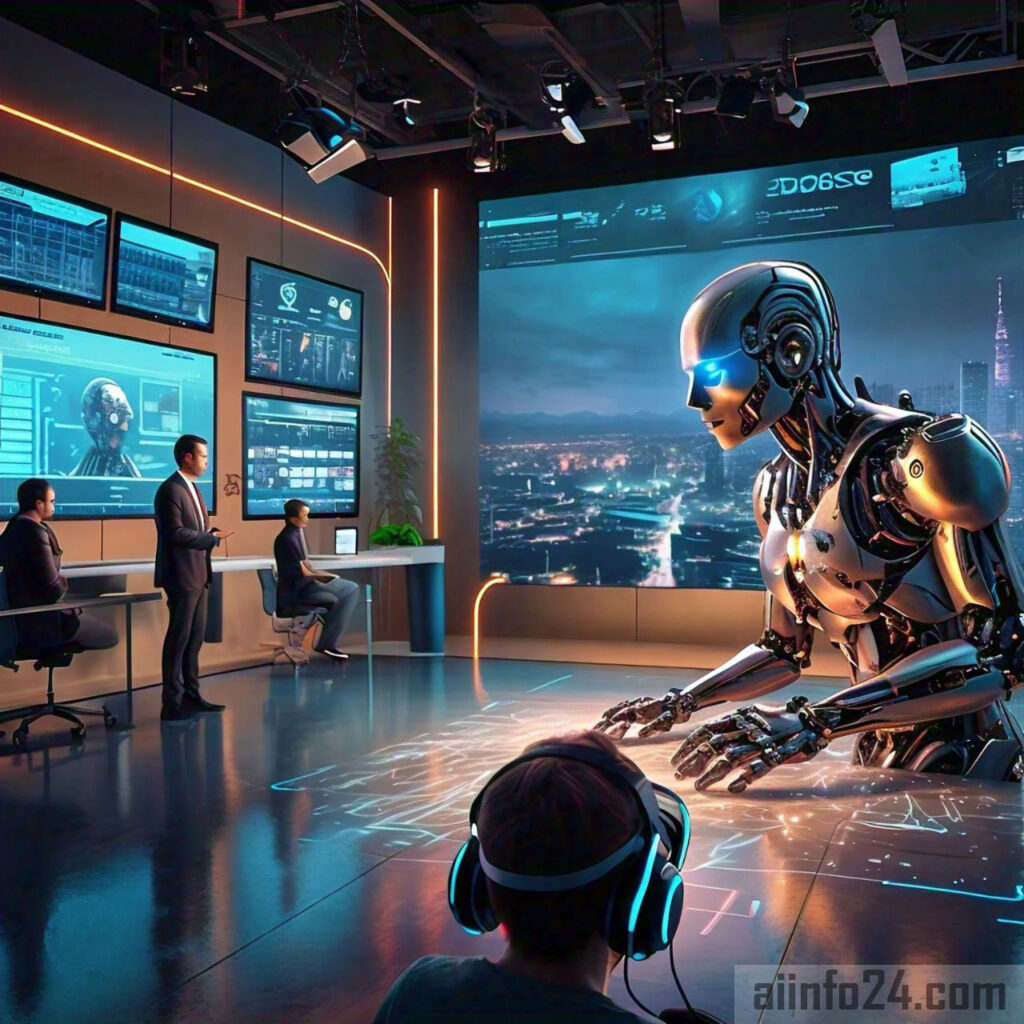
From personalized content recommendations on streaming platforms to AI-generated music and art, artificial intelligence is redefining entertainment. Video games utilize AI to create more realistic and adaptive gameplay experiences, and AI-driven tools assist creators in editing and producing high-quality content efficiently.
5. Business and Customer Service

AI-powered chatbots and virtual assistants have revolutionized customer service, providing instant and accurate responses to customer queries. Predictive analytics tools enable businesses to forecast trends and consumer behavior, leading to more informed decision-making.
The Future of AI Technology
1. Smarter Homes and Cities
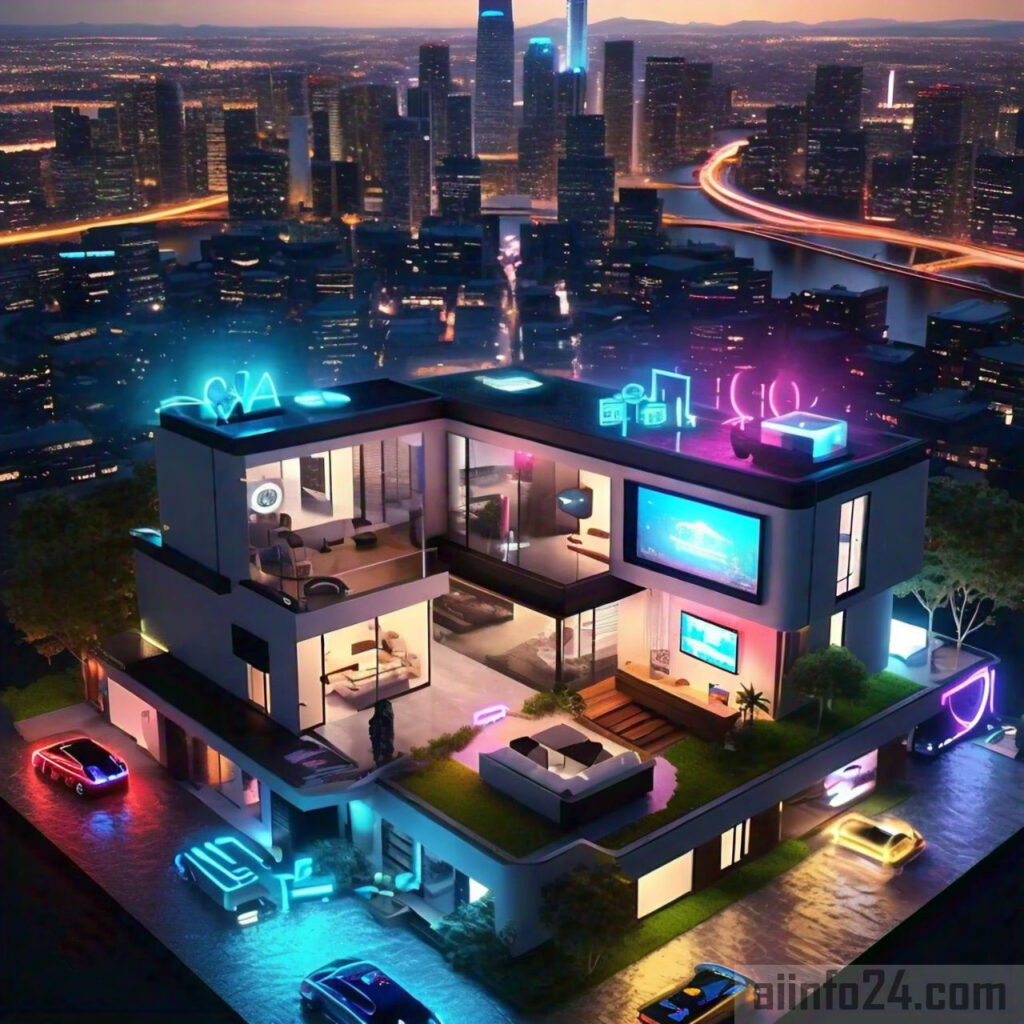
In the future, AI is expected to play a critical role in building smarter homes and cities. Smart home systems will become more intuitive, learning user preferences to automate daily tasks seamlessly. AI will also be pivotal in creating sustainable smart cities, optimizing energy consumption, waste management, and public transportation systems.
2. Advanced Healthcare Solutions
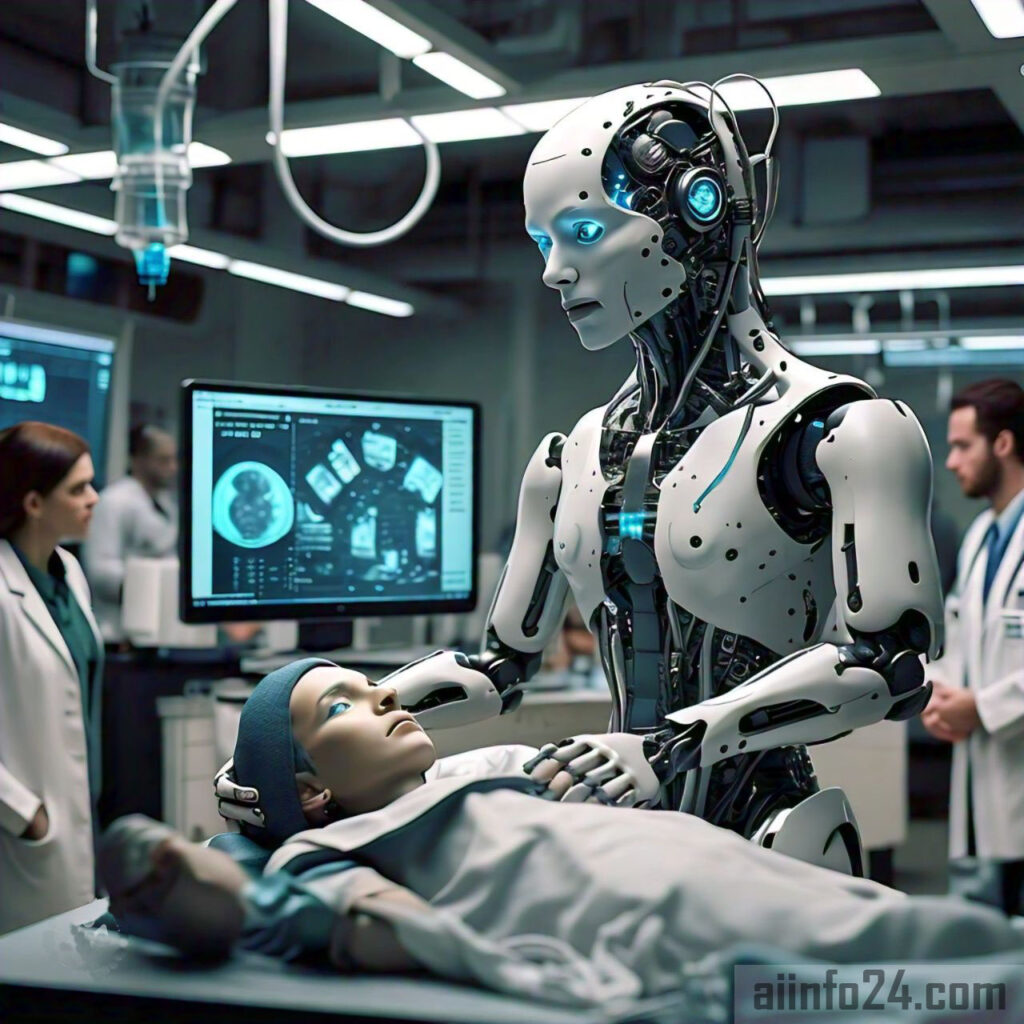
AI’s role in healthcare will deepen with advancements like personalized medicine and robotic surgeries. Predictive analytics could help in preventing diseases by identifying risk factors early, while AI-driven robots may perform surgeries with unparalleled precision.
3. Revolutionizing Education
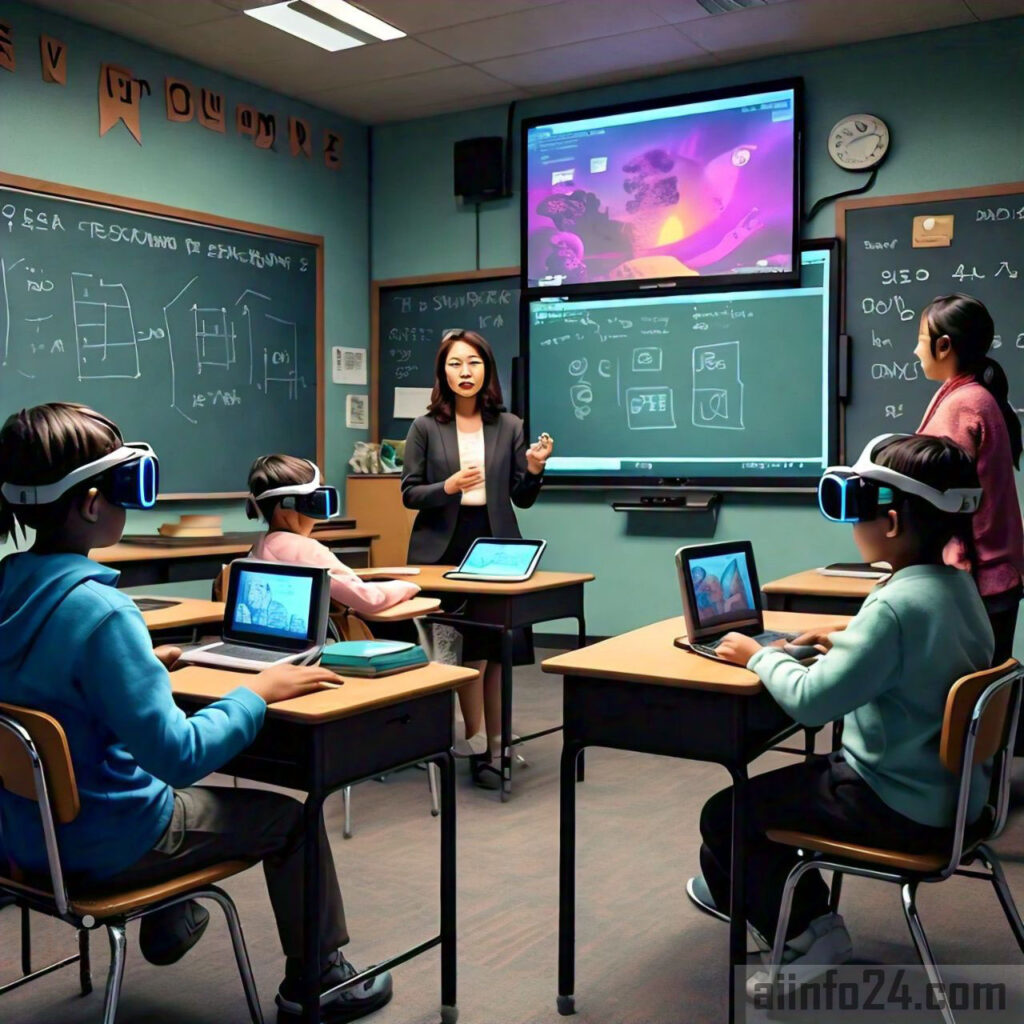
Future AI systems will make education even more accessible and tailored. Virtual classrooms powered by AI will allow students from remote areas to access high-quality education. Advanced language models may enable real-time translation, breaking down language barriers in global learning environments.
4. Autonomous Transportation
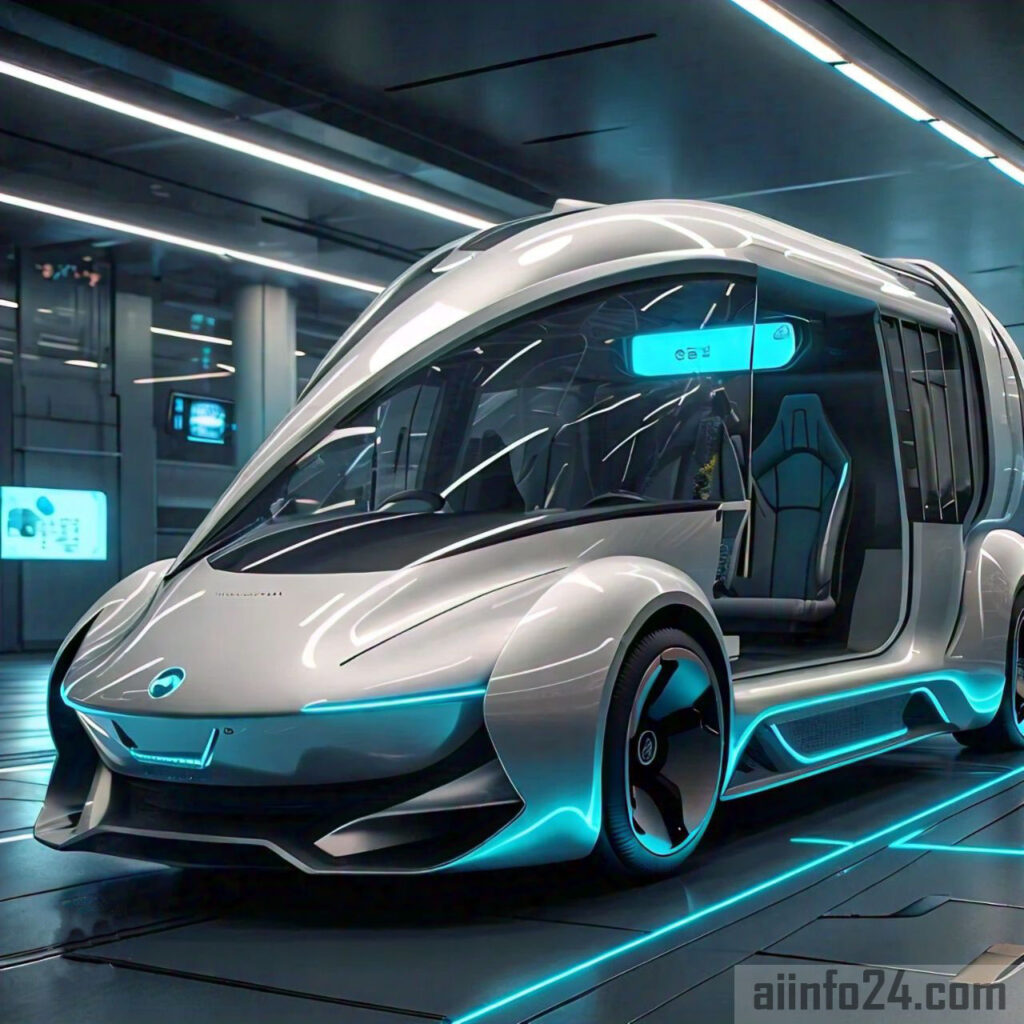
Autonomous vehicles will likely dominate transportation, transforming logistics and personal travel. AI will also enhance public transit systems, making them more efficient and environmentally friendly. Hyperloop systems and AI-driven flight technologies could redefine long-distance travel.
5. AI in Everyday Life
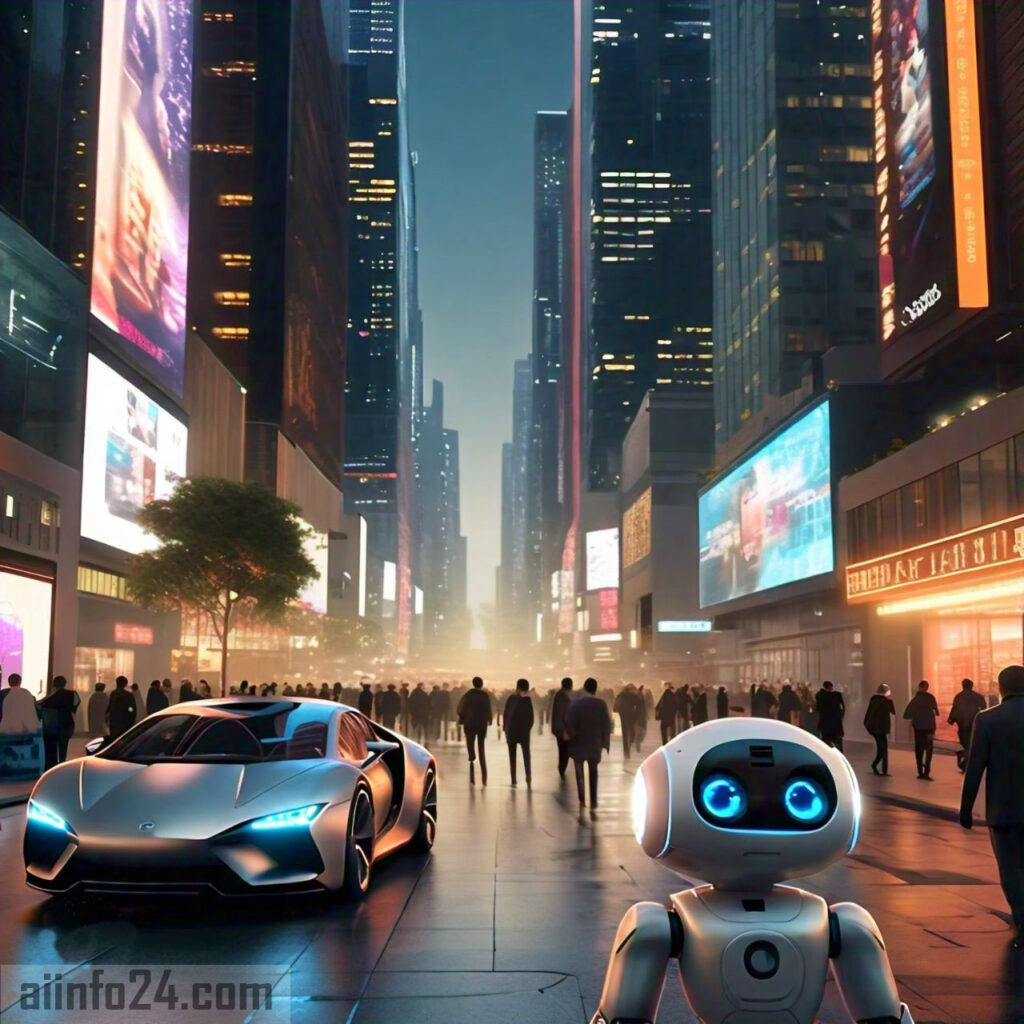
From AI chefs capable of preparing personalized meals to AI assistants managing daily schedules, the technology will integrate more deeply into everyday life. Wearable devices with AI capabilities will monitor health, mood, and activity, providing real-time suggestions for a better lifestyle.
Ethical and Societal Implications
The rapid growth of AI raises important ethical and societal concerns. Issues such as data privacy, algorithmic bias, and job displacement must be addressed to ensure that AI development benefits everyone. Governments, organizations, and technologists must work together to create guidelines that promote responsible AI use.
How AI Will Change People’s Lives
- Improved Quality of Life: AI will automate mundane tasks, giving people more time to focus on creative and meaningful activities.
- Access to Opportunities: AI will bridge gaps in education, healthcare, and employment, especially in underserved communities.
- Enhanced Decision-Making: With AI’s data processing capabilities, individuals and organizations will make better-informed decisions.
Conclusion
AI technology is already making an indelible mark on society, and its potential to reshape the future is boundless. By harnessing AI responsibly, we can unlock new possibilities that enhance quality of life, drive innovation, and create a more equitable and sustainable world. The journey of AI is just beginning, and its transformative power will continue to evolve, redefining the way we live and interact with technology.
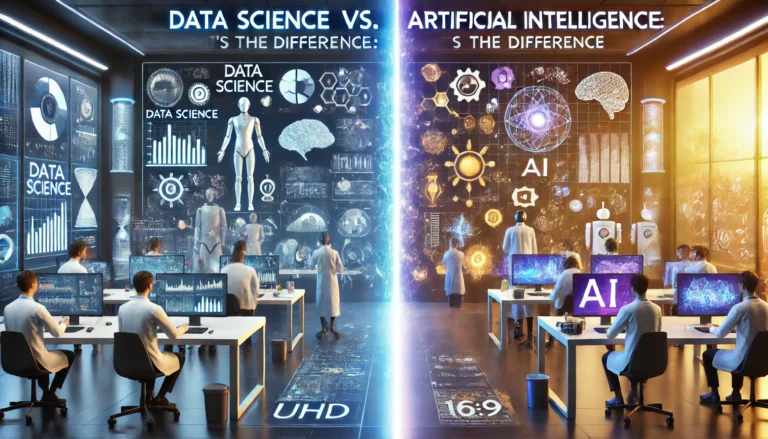
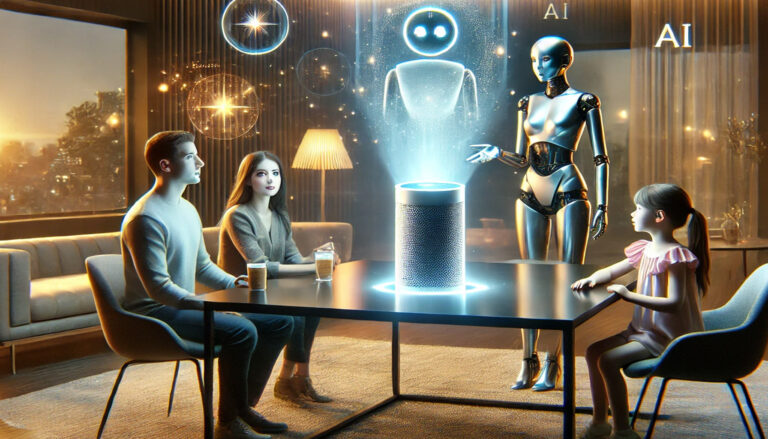


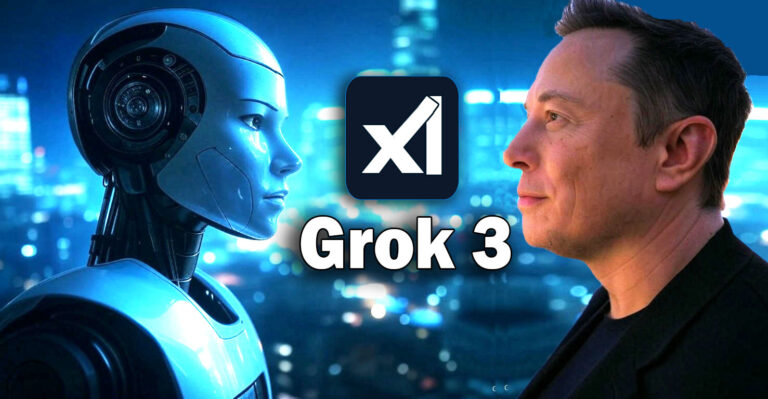
Good information provided.